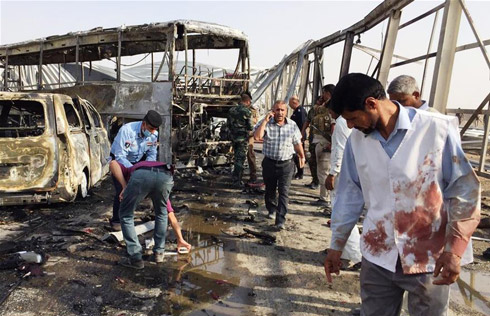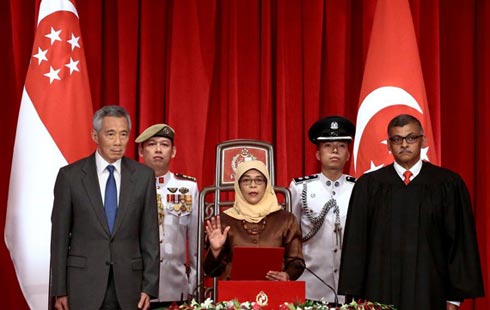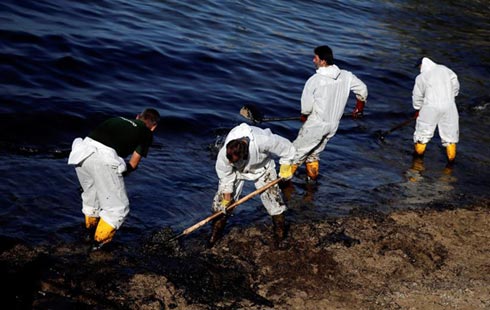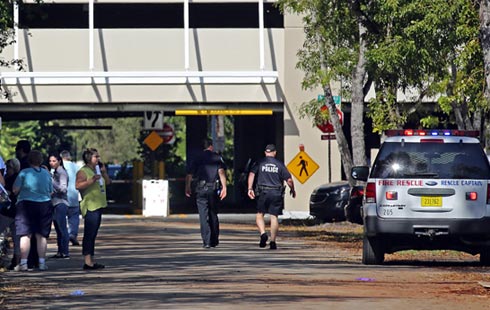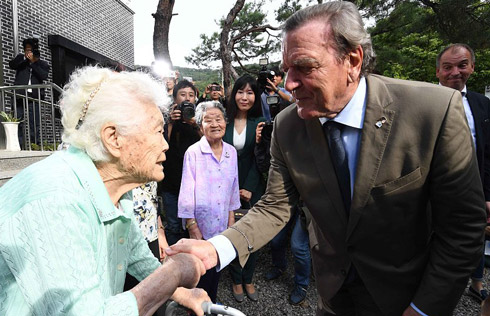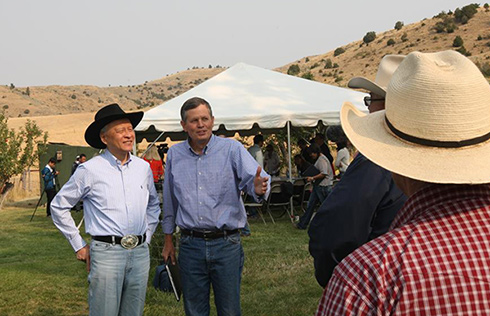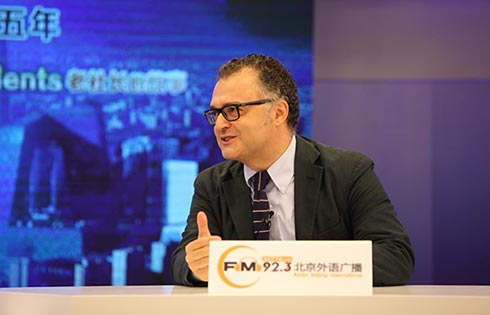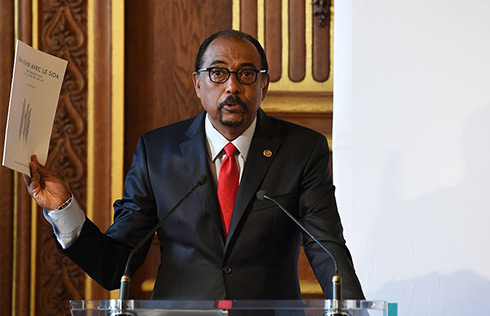China at center of Asia nuclear energy expansion
ST. PETERSBURG - China is at the center of the nuclear energy expansion in Asia, says Yukiya Amano, director general of the International Atomic Energy Agency (IAEA).
During an interview with Xinhua on the sidelines of a high-level nuclear power conference here, Amano praised the fast-growing nuclear industry in China and the high safety standards adopted by the country.
According to the chief of the UN nuclear watchdog, there are currently 434 nuclear power reactors in operation across the world and 69 under construction, with two thirds of these new units in Asia.
China, along with other major emerging economies, is an established user of nuclear power and has "significant expansion plans," he said.
Amano said he gained the impression during his previous visits to China that China's top leaders and engineers are serious about nuclear safety and the country, with which the IAEA has been cooperating closely, is an important partner of the agency.
"I'm committed to cooperation with China on nuclear safety and on good use of nuclear power," he said.
On nuclear safety concerns and the sector's contribution to sustainable growth, Amano said it is wrong to see only one side of the story.
Energy is needed to ensure sustainable development, and energy safety becomes much more important when the economy makes more progress, he added.
"We have to ensure stable supply of energy, especially electricity. At the same time, safety must be addressed, otherwise we cannot keep the supply of nuclear power sustainable," he said.
The world's top nuclear official called nuclear power "a tried and tested technology," saying it provides electricity at a stable cost and has several advantages over renewable sources.
"Like renewables, nuclear power involves lower greenhouse gas emissions. Unlike renewables, nuclear can deliver a steady supply of base-load electricity needed to power a modern economy," he said.
Though some believe the high cost of building a nuclear power plant might hamper its development, Amano said the operational cost is relatively inexpensive over a plant's life of 30 or 40 years.
In general, nuclear power could help improve energy security, reduce the impact of volatile fossil fuel prices, mitigate the effects of climate change and make economies more competitive, Amano said.
Despite the widespread fear triggered by the Fukushima meltdown, nuclear power has a fairly good safety record that deserves to be better understood, he said.
It is time to look forward with confidence and optimism for the future development of the sector, he added.






